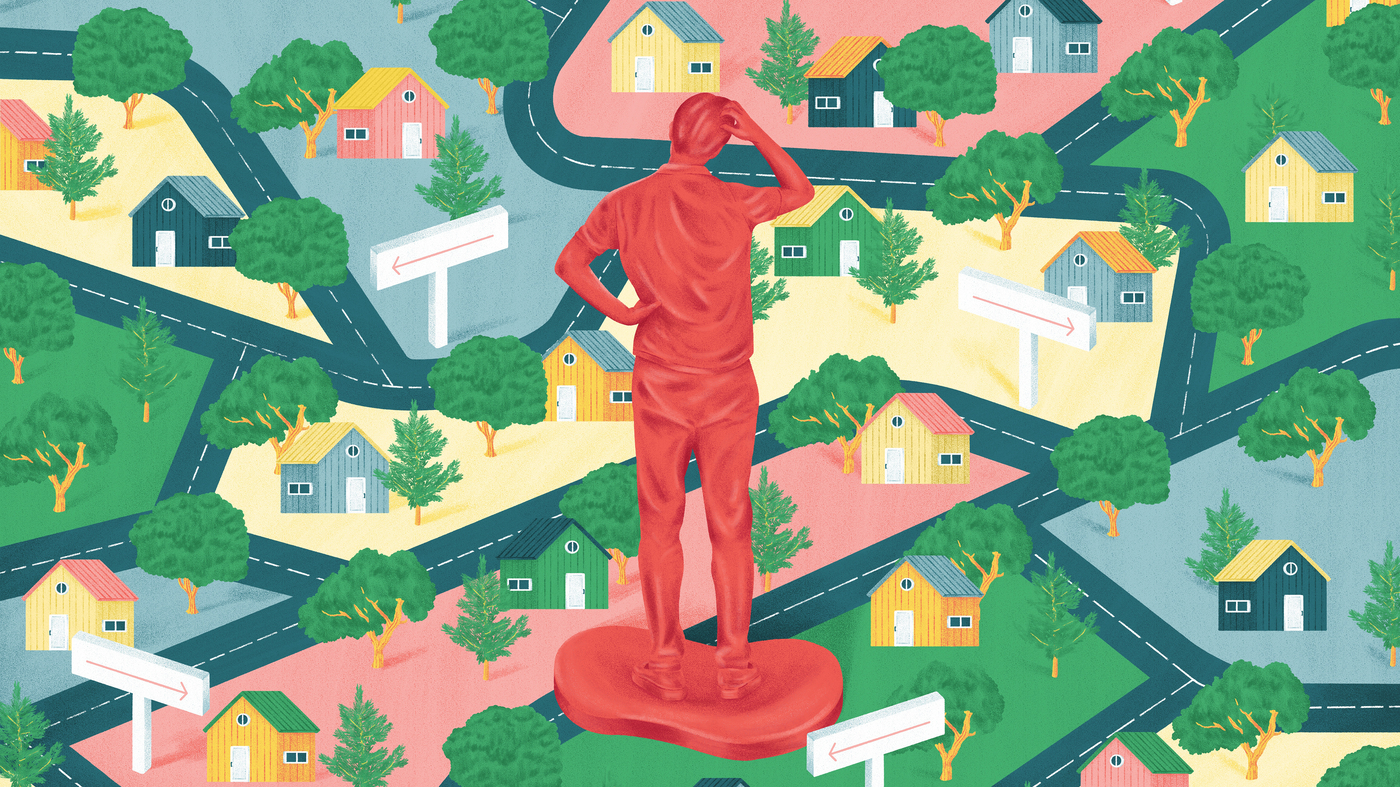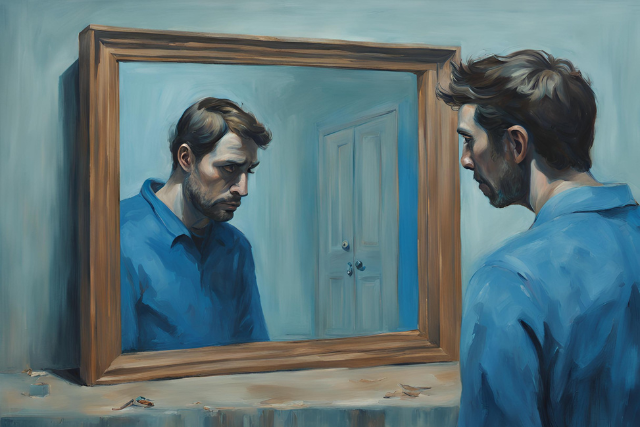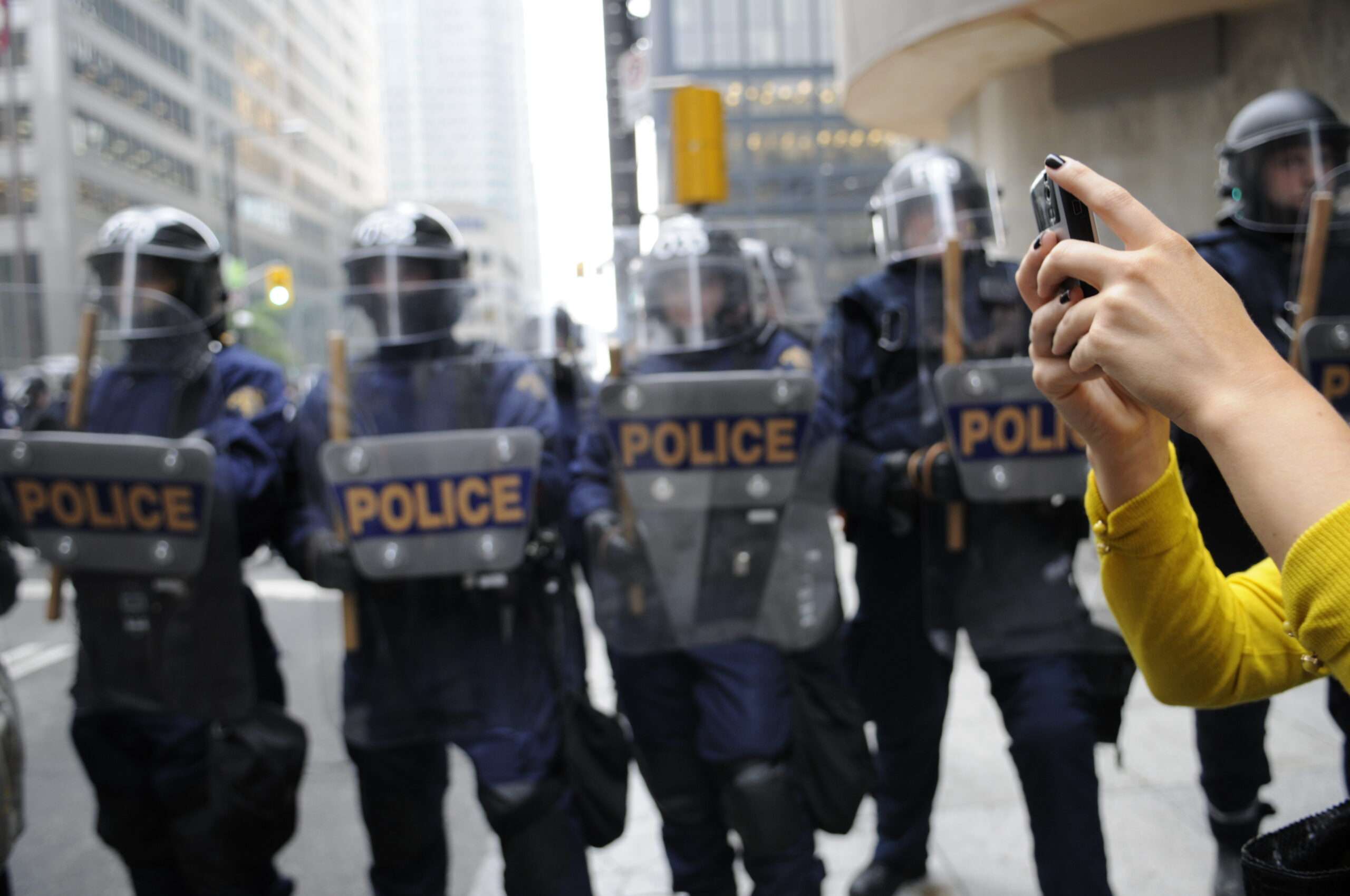

Embarking on a journey, whether or not destined for the workplace or a leisurely journey, usually commences with the recurring enter of coordinates into our smartphones. My admission to possessing a less-than-remarkable sense of route results in an inevitable dependency on the throaty instructions of GPS navigation, steering me away from the clutches of disorientation. But, this reliance has sparked curiosity—can one domesticate a greater sense of navigation?
Mary Hegarty, a distinguished cognitive psychologist from the College of California, Santa Barbara’s Spatial Considering Laboratory, affords a reassuring ‘sure.’ She encourages us to embrace the uncertainty of the unknown roads, urging elevated consciousness and inner mapping as we traverse our environment. This philosophy starkly contrasts with the passive engagement inspired by GPS units.
Apparently, GPS’s comfort could inadvertently constrict our notion of the world, slating our cognizance tow
ards a tunnel imaginative and prescient. Hegarty warns of the risks of insulating ourselves from the wealthy tapestry of the environment, which is replete with spatial cues akin to landmarks and the intricate format of our locales. This nuanced understanding of area not solely deepens our reference to our environment however imbues a profound sense of place.
Certainly, analysis has demonstrated that adept navigators usually harbor a richer, extra intimate bond with their surroundings. Hugo Spears, a notable cognitive neuroscience professor from College Faculty London, noticed this phenomenon in London taxi drivers, famend for his or her encyclopedic information of the town’s labyrinthine streets—a testomony to their navigational prowess.
Embracing Exploration With out Digital Help
For these trying to forge a extra intimate reference to their navigational areas or reduce their dependence on digital crutches, Ben Gero, an outside recreation aficionado at Cleveland Metroparks, proposes an intriguing problem: deliberate disorientation. By purposefully veering off the overwhelmed path and immersing within the uncooked expertise of discovery, one hones their navigational acuity.
Gero champions the worth of serendipitous detours, whether or not on foot, cycle, or behind the wheel, encouraging us to rediscover our homeward path sans digital navigation—a enterprise that guarantees not solely the fine-tuning of our directional senses however a rekindling of journey within the mundane.
Harnessing Landmarks as Compass Factors
A necessary tactic in cultivating navigational proficiency includes the strategic use of landmarks. These mounted factors function dependable beacons, aiding orientation amidst the flux of our each day travels. The best landmarks, in response to Hegarty, are these commanding presence from afar, providing unwavering steering amidst the spatial chaos.
Fostering Curiosity and Engagement with One’s Setting
Furthermore, Hegarty suggests adopting an inquisitive gaze in direction of the environment, as various views enrich our spatial reminiscence, reworking the mundane right into a trove of navigational cues.
Deciphering the City Grid
Understanding the skeletal construction of city environments can considerably improve one’s directional instinct. Many cities are woven right into a grid, offering a logical framework for navigation. This structural information, complemented by distinctive avenue naming conventions, can vastly simplify metropolis navigation.
Using Reminiscence Methods in Navigation
Cultivating a psychological repository of routes, landmarks, and avenue names by narrative connectivity—a way hailed by Spears and exemplified by London’s most adept taxi drivers—can elevate one’s navigational capability.
Although these practices could not rework one into an infallible pathfinder, they promise a richer, extra assured engagement with the world’s huge, uncharted areas, lowering the trepidation related to the prospect of getting misplaced.
Digital story sculpted by Malaka Gharib with visible narratives by Beck Harlan. We welcome your voyage tales and insights at [email protected].
Tune into “Life Package” throughout Apple Podcasts, Spotify, and keep interconnected by our publication.
















